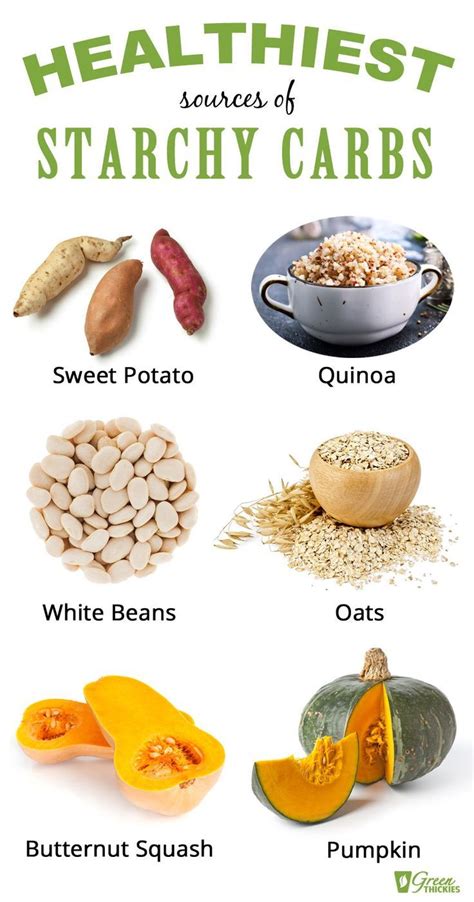How can nutrition boost testosterone & energy for daily peak performance?

In the quest for peak daily performance, two critical elements often overlooked are optimal testosterone levels and consistent energy. While various factors contribute to these, nutrition stands as a cornerstone. The food choices we make profoundly impact our hormonal balance, metabolic function, and ultimately, our ability to perform at our best, both mentally and physically.

The Nutritional Blueprint for Testosterone Enhancement
Testosterone, a vital hormone for both men and women (though in different concentrations), plays a key role in energy levels, muscle mass, bone density, mood, and cognitive function. Its production is highly sensitive to nutrient availability. A deficiency in certain vitamins and minerals can significantly impair synthesis.
- Zinc: This essential mineral is a known testosterone booster. Found abundantly in oysters, red meat, poultry, beans, and nuts, zinc is critical for hormonal health and immune function.
- Vitamin D: Often dubbed the ‘sunshine vitamin,’ Vitamin D functions as a steroid hormone in the body and is directly linked to testosterone production. Fatty fish (salmon, mackerel), fortified dairy, and exposure to sunlight are excellent sources.
- Healthy Fats: Cholesterol, derived from dietary fats, is the precursor to all steroid hormones, including testosterone. Incorporate monounsaturated fats (avocados, olive oil, nuts) and omega-3 fatty acids (flax seeds, chia seeds, fatty fish) to support hormone synthesis. Avoid excessive saturated and trans fats.
- Protein: Adequate protein intake (from lean meats, eggs, dairy, legumes) supports overall health, muscle maintenance, and provides amino acids necessary for various bodily functions, indirectly supporting hormone balance.

Fueling Sustained Energy for Optimal Output
Beyond testosterone, consistent and stable energy levels are paramount for daily peak performance, preventing the afternoon slump and maintaining focus. Nutrition is your primary tool here.
- Complex Carbohydrates: Unlike simple sugars that lead to energy spikes and crashes, complex carbohydrates (whole grains, vegetables, fruits) provide a slow and steady release of glucose into the bloodstream, ensuring sustained energy throughout the day.
- Hydration: Even mild dehydration can lead to fatigue, reduced cognitive function, and impaired physical performance. Drinking adequate water throughout the day is fundamental for cellular energy production and nutrient transport.
- B Vitamins: These vitamins (B1, B2, B3, B5, B6, B7, B9, B12) are crucial for energy metabolism, helping convert food into usable energy. Find them in whole grains, leafy greens, eggs, and lean meats.
- Iron: Essential for oxygen transport in the blood, iron deficiency (anemia) is a common cause of fatigue. Red meat, spinach, lentils, and fortified cereals are good sources.
- Magnesium: Involved in over 300 enzymatic reactions, including those producing energy, magnesium is vital. Nuts, seeds, leafy greens, and whole grains are rich in this mineral.

Strategic Dietary Habits for Synergistic Effects
It’s not just about individual nutrients; it’s also about how you combine them and your overall eating patterns. Adopt a holistic approach:
- Balanced Meals: Each meal should ideally contain a good source of lean protein, complex carbohydrates, healthy fats, and plenty of fiber-rich vegetables. This balance helps regulate blood sugar and provides a steady supply of nutrients.
- Regular Eating: Avoid long stretches without food. Smaller, frequent meals or healthy snacks can help maintain stable blood sugar and energy levels, preventing hunger-induced fatigue and overeating.
- Limit Processed Foods & Sugar: These often lack essential nutrients and can lead to inflammation, blood sugar dysregulation, and a subsequent dip in energy and hormonal imbalance.
- Prioritize Whole Foods: Emphasize fresh, unprocessed foods. They retain their full nutritional value and support optimal bodily functions.

Beyond the Plate: A Holistic Performance Mindset
While nutrition is powerful, its effects are amplified when combined with other healthy lifestyle choices. Regular physical activity, especially strength training, is known to boost testosterone and improve energy utilization. Adequate, quality sleep is non-negotiable for hormone regulation and energy restoration. Managing stress effectively also prevents cortisol (the stress hormone) from negatively impacting testosterone levels.

Conclusion
Harnessing the power of nutrition is a transformative step towards unlocking daily peak performance. By strategically incorporating testosterone-boosting nutrients like zinc and Vitamin D, and focusing on energy-sustaining foods rich in complex carbohydrates, B vitamins, and healthy fats, you can build a robust foundation for enhanced vitality, mental clarity, and physical endurance. Remember, consistency is key, and listening to your body’s signals will guide you toward an optimized diet that fuels your best self every single day.








